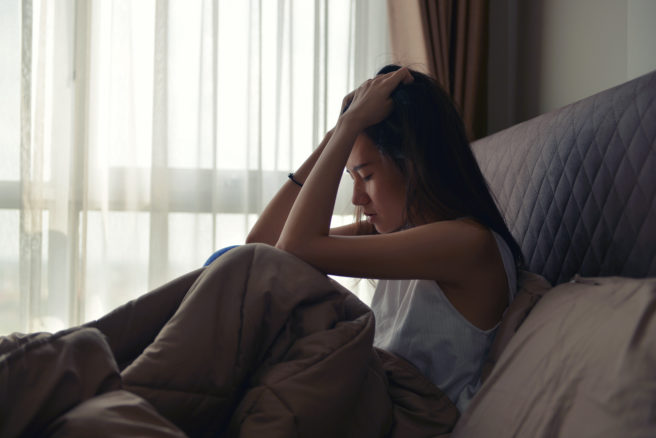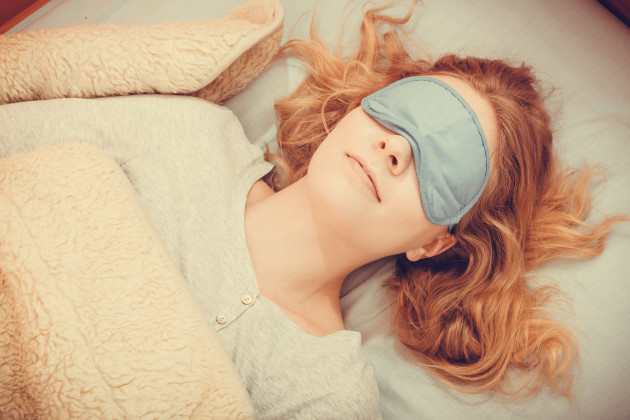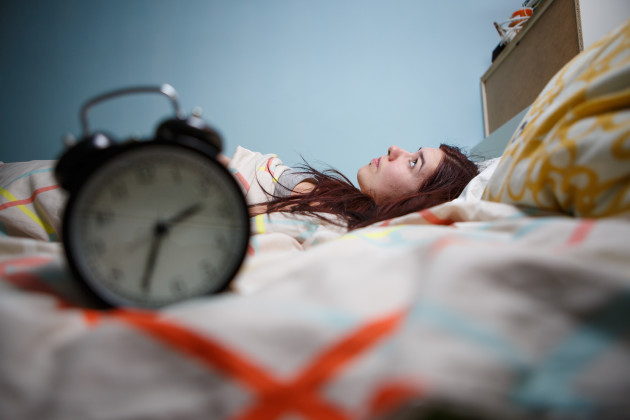
Study links poor sleeping patterns to increased anxiety and depression
It's no secret that a poor night's sleep can leave us feeling tired and underprepared for the day ahead, but when those feelings start to become a constant strain on our mental health, it's probably time to start prioritising a consistent sleeping routine.
New research has found that people who sleep less than eight hours a night are far more likely to suffer from anxiety and depression, due to their inability to disengage with negative thoughts and emotions.
The study, published in the Journal of Behaviour Therapy and Experimental Psychiatry, analysed 52 adults with “repeated negative thinking” (RNT).
Participants were asked about their sleeping patterns and their eye movements were monitored as they viewed a number of images.

For the purpose of the study, some images were designed to trigger an emotional response, while others were intended to produce a neutral response.
According to Science Daily, results showed that participants who reported getting a insufficient amount of sleep (eight hours or less), spent more time looking at the negative images, meaning they were unable to remove themselves from the negative thoughts that came along with them.

“We found that people in this study have some tendencies to have thoughts get stuck in their heads, and their elevated negative thinking makes it difficult for them to disengage with the negative stimuli that we exposed them to,” said study author Professor Meredith Coles from Binghamton University.
“We realised over time that this might be important – this repetitive negative thinking is relevant to several different disorders like anxiety, depression and many other things.”
Researchers now intend to carry out further studies in the hopes that one day, psychologists may be able to treat anxiety and depression by helping the patient create a better sleeping routine.






